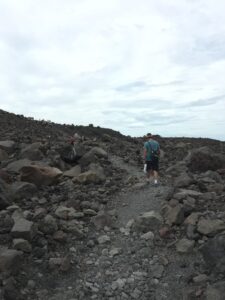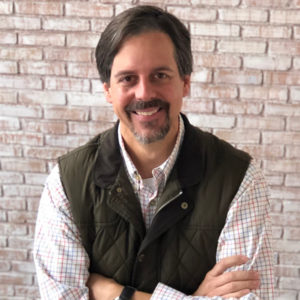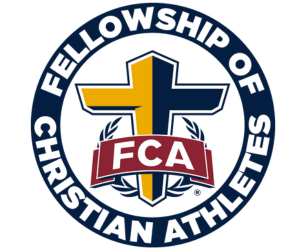By Chris Bates

Chris on mission in Nicaragua.
Outside:
A few years ago, my daughter and I joined a mission group near San Cristobal, Nicaragua. We expected an adventure filled with service opportunities, but the real lessons came from unexpected places.
The focus was to help dig water lines for villages that lacked reliable drinking water. Local leaders had a plan, but the work needed many hands. Our crew worked alongside theirs to dig over five miles of trenches with only shovels and rock splitters.
Coming from the U.S., where machinery usually does this work, reality set in. We paired off to loosen and toss rock after rock, pushing toward the required 40-inch depth. Our hands and muscles hurt. However, seeing others making progress kept us going. The goal wasn’t just clean water — it was community in action.
We also spent time in villagers’ homes, helping to build indoor kitchens that were better ventilated and caring for their children while the parents helped. Each person in the village played a vital role. Some made food, others farmed, taught, or repaired. Their lives intertwined like puzzle pieces, revealing a system of shared purpose.
One family stood out. As we helped build their indoor stove, we bonded with them despite language barriers. The men worked on mortar and framing, while some of the women and teens painted, organized, and fed the crew. My daughter learned to make tortillas by hand under the guidance of one of the mothers. We didn’t just witness their way of life. We became part of their community for a short while.
Inside:
That trip reminds me of how much life mirrors the village model where every person matters. Whether it’s a colleague on a work project, a caregiver in a family, or a neighbor lending a hand, we all play roles that keep the whole functioning. Often our identity and even our sense of value emerges most clearly in community.
We’re not called to be everything to everyone, but we are called to offer our God-given gifts. Sometimes the challenge is that illness, grief, setbacks, or life transitions may realign our role or how we contribute. Even then, our value doesn’t diminish; it just changes expression.
Recovery from addiction, for example, is not done well alone. It requires the support of others, the guidance of someone who’s walked that road before, and the willingness of the individual to surrender and follow others into the lifeboat. In this example and others, healing is a shared process.
Message:
We often underestimate the power of our individual story. Like links in a chain, each one of us holds the tension for someone else. If even one link is missing, the chain breaks.
Max Lucado once said, “God is using today’s difficulties to strengthen you for tomorrow.” Even the messy or painful parts of your story can become someone else’s lifeline. It may be what makes you the perfect person to offer hope, direction, or healing. So what is your role?
It’s not just your job or title. It’s how your life connects to others and what you pour in. Your role matters to your coworkers, your church, your family, and your community. Whether you’re a healer, encourager, planner, or helper, God has placed you in a greater story. You are essential.
See yourself the way God sees you: invaluable, connected, and deeply needed. That’s your role. Live that out to its fullest.

Chris Bates is CEO of AgoraEversole, a full-service marketing agency in Jackson, and can be reached at Chris@AgoraEversole.com. He and his wife, Stacy, live in Madison and have adult children and three grandboys.


